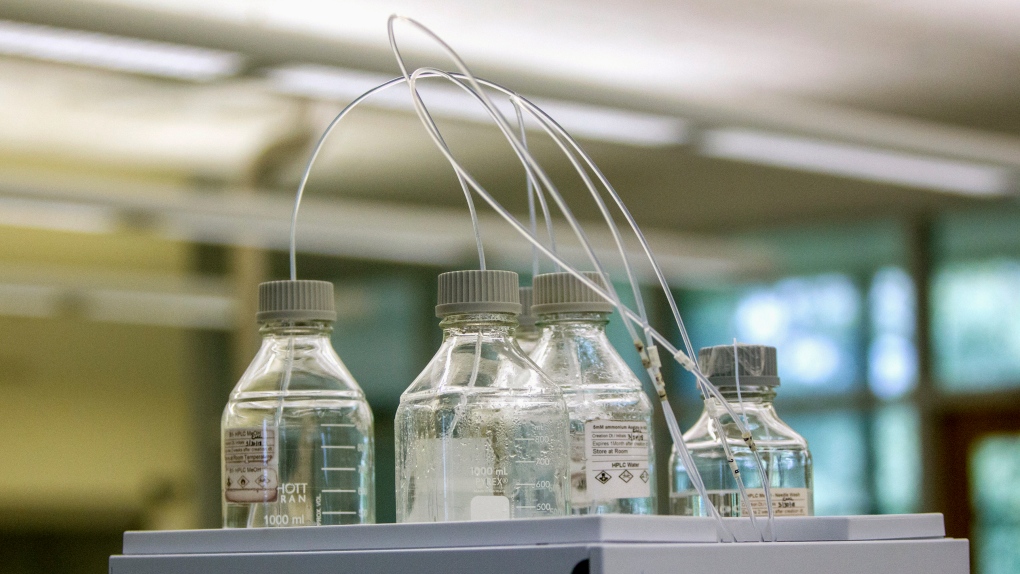Man-made chemicals found in industrial products, commonly referred to as “forever chemicals,” have been linked to the most common type of liver cancer, a new study has found.
Polyfluoroalkyl substances (PFAS) are called “forever chemicals” because they last so long in the environment and are hard to break down. They pollute the atmosphere and can affect organ tissues in exposed animals and humans.
Researchers at the University of Southern California gathered data from human blood and tissue samples of more than 200,000 residents in Los Angeles and Hawaii to study the development of cancer or other diseases. Through their data they found 50 people who eventually developed liver cancer and compared their samples before diagnosis to 50 other participants who did not develop the disease.
Blood samples taken from the cancer patients prior to their diagnoses contained several types of PFAS, specifically, perfluorooctane sulfate (PFOS) a class of PFAS. The study found that patients in the top 10 per cent of PFOS exposure were more likely to develop non-viral hepatocellular carcinoma, the most common type of liver cancer, in comparison to those with lower percentage levels of the chemicals in their blood samples.
The study concludes that PFOS can disrupt the metabolic process in the liver which affects the process of glucose metabolism, bile acid metabolism and branched chain amino acids. Abnormal metabolic processes in the liver can lead to non-alcoholic fatty liver disease (NAFLD), the study says, which has become concerning as cases of NAFLD have increased across the world in recent years.
While past studies have indicated how harmful these chemicals can be to animals, researchers of this study say the new evidence from human samples is a step forward to understanding the graver consequences of exposure to PFAS.
“We believe our work is providing important insights into the long-term health effects that these chemicals have on human health, especially with respect to how they can damage normal liver function,” lead researcher Leda Chatzi said in a news release.









































